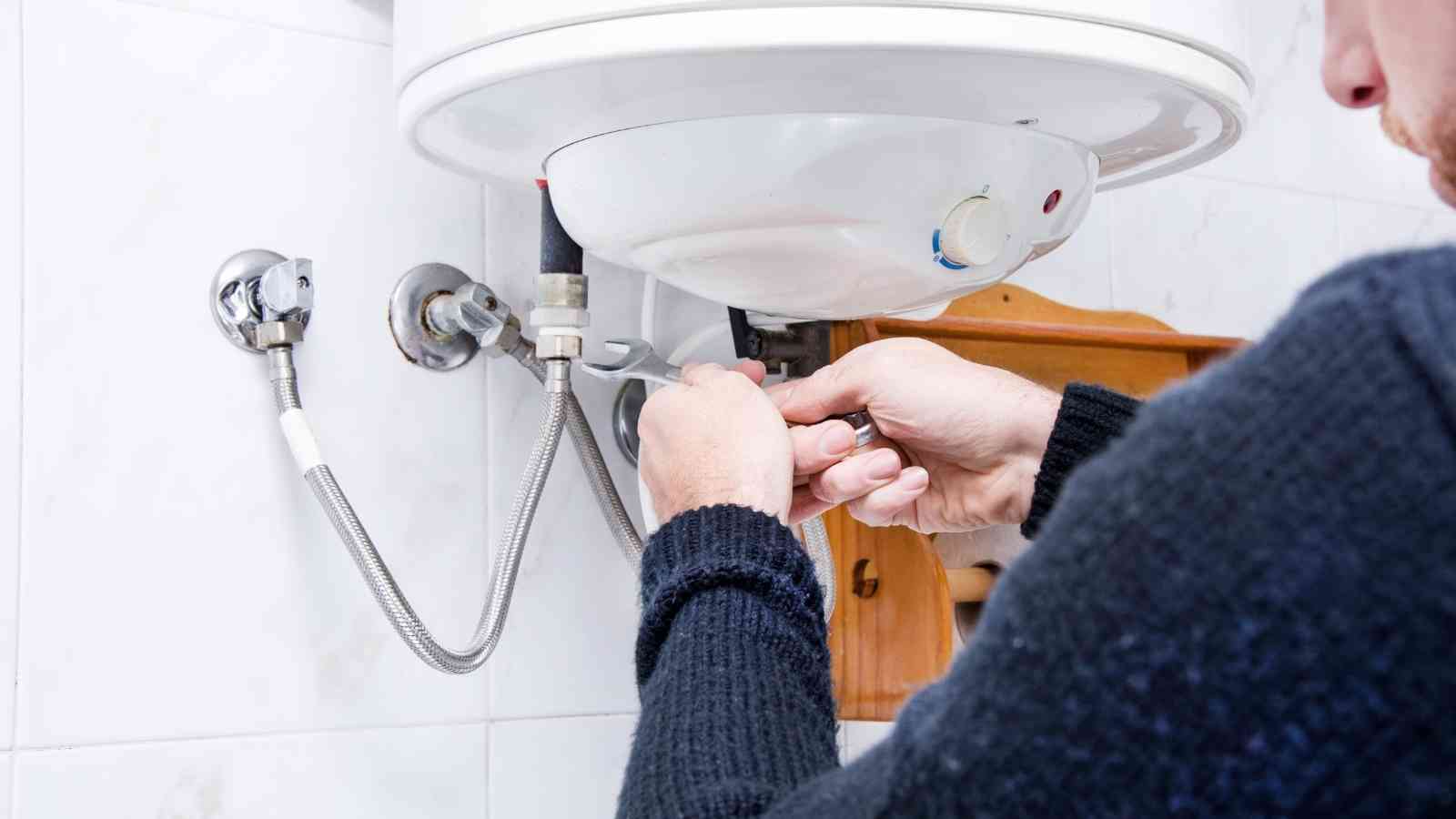The winter season is the harshest on your plumbing; even a tiny leak can cause significant issues. Understanding the most common issues enables you to prepare the system for the cold weather and take care of any problems that may arise. Also, always have the contact details of an emergency plumber at hand, just in case. Here are the common problems.

Jump to:
Water Heater Issues
You need the water heater the most during winter as you rely on hot water for showers, baths, and handwashing. Unfortunately, the cold weather can also cause problems with the water heater. One is that the water in the tank can freeze, causing the heater to malfunction. To prevent this, insulate the tank and the pipes leading to it.
Another problem is that the sediment in the bottom of the tank can harden and clog the heater. This problem is more common in older heaters but can also happen to newer ones. To prevent this, flush the tank once a year to remove the sediment.
Schedule water heater repair as soon as you detect issues. Have it checked and adequately maintained by a professional at least once a year to keep it in good condition.
Pipe Freezing
One of the most common issues during winter is frozen pipes. The cold weather causes the water inside the lines to freeze, and as the ice expands, it puts pressure on the pipe walls. This causes the pipes to burst, and if the problem is not fixed promptly, it leads to significant water damage.
There are several ways to prevent your pipes from freezing. One is to keep the temperature in your home at a consistent level, preferably above 55 degrees. Insulate the lines, especially those exposed to the cold, such as in the basement or attic. Finally, let the faucets drip slightly to keep the water moving and prevent freezing.
Sewer Line Issues
The cold weather can also cause problems with your sewer line. The first is that the ground freezes, causing the sewer line to shift and break. This problem is more common in areas with a high water table. Has the sewer line checked and repaired as needed before winter starts?
Another problem is that tree roots can grow into the sewer line and cause blockages. The issue is more common in older sewer lines made of clay. The roots thrive on the moisture in the sewer line and quickly cause significant damage. To prevent this, have your sewer line checked and repaired as needed.
Roof and Gutter Issues
Your roof and gutters are also vulnerable to damage during winter. The heavy snow and ice cause them to sag and eventually break. The weight of the snow and ice can also cause the roof to collapse.
Have the roof and gutters checked and repaired as needed before winter starts? Because ice dams are also a common problem during winter, keep your gutters clear of debris. Check the insulation in your attic and whether it's adequate for the season.
Flooding
Flooding can also be a problem during winter, especially if you live in an area with a high water table. The heavy rain and melting snow cause the water level to rise, and if the ground is already saturated, the water has nowhere to go but into your home. To prevent this, have the basement waterproofed and a sump pump installed.
Drainage Issues
The cold weather can also cause drainage issues. The first is that the drains freeze, causing a backup of water. This problem is more likely to happen if the drains are located in unheated areas, such as the basement. Insulate and keep the temperature above freezing. Also, clear the drains of any debris that could cause a blockage.
Maintenance Keeps Your Plumbing System Healthy
The cold weather can cause a variety of problems with your plumbing. Some of these problems are more common than others, but all are preventable with proper maintenance. Have your plumbing checked and repaired as needed before winter starts to prevent any issues.
